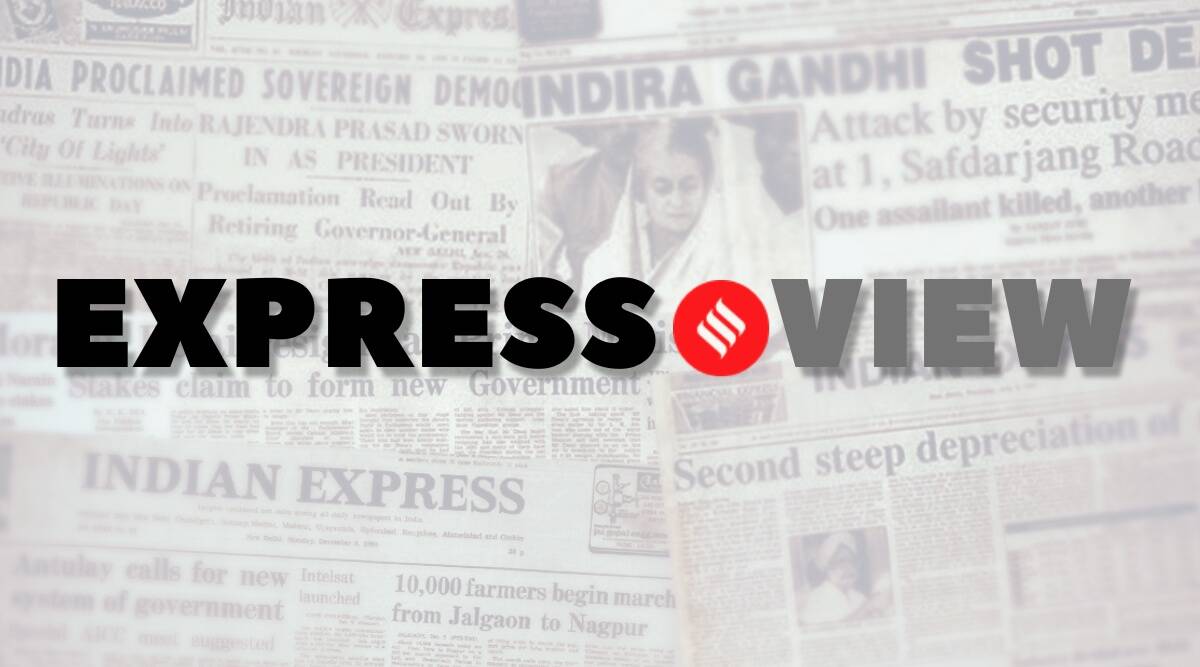 The 11 convicts walked free, ironically, on August 15, to a hero's welcome.
The 11 convicts walked free, ironically, on August 15, to a hero's welcome.In the aftermath of the release of 11 men convicted of gangraping a pregnant Bilkis Bano and murdering 14 members of her family, including her 3-year-old daughter Saleha on March 3, 2002, in the post-Godhra violence in Dahod district of Gujarat, there was rightful outrage. How could these convicts — they were not merely accused, innocent until proven guilty, or undertrials who deserved the benefit of doubt — be allowed to walk free? How could perpetrators of a crime as dark as this one benefit from the legal provision for remission of sentence, after 14 years, for “good” conduct in jail? True, due process is an inalienable part of justice. But in this case, the due process argument was being wielded to cover up the selective exercise of executive discretion and to hollow out justice. This was, after all, one of the cases that the Supreme Court had intervened in, citing “exceptional circumstances”. It had shifted the trial out of Gujarat to Maharashtra, awarded Rs 50 lakh as compensation to Bilkis, who fought on courageously, through her unspeakable pain. How could the Gujarat government, which released the 11, citing a “unanimous” recommendation of the Jail Advisory Committee, turn a blind eye to the enormity of what it was doing, or undoing?
Now, it turns out, it was not alone in its grave misstep. On Monday, in an affidavit filed in the Supreme Court, the Gujarat government told the court that its decision to release the convicts early had been approved by the Centre — even as two of the several authorities it sought an opinion from, the SP, CBI and the special judge of the CBI court, Mumbai, advised against it in clear, ringing terms. The Centre’s assent, its complicity in the remission of the sentences, strips it of its alibi in this case — it can no longer point to the Gujarat government, or to the legal technicalities of a disembodied remission policy. Now that the dots have been connected and they lead to the door of the Union Home Ministry, the Narendra Modi government needs to answer the question: Why were these 11 convicts singled out for a show of state compassion and leniency by a government that speaks loudly about “naari shakti”, a prime minister who asked from the Red Fort ramparts on this Independence Day, “Can we not pledge to get rid of everything in our behaviour, culture and everyday life that humiliates and demeans women?”
The 11 convicts walked free, ironically, on August 15, to a hero’s welcome. That shameful image was a reproach to the rule of law and a collective humanity. The Centre must do what it has to, to make amends for its participation in this travesty of justice. Of course, the BJP may think that letting rape and murder convicts walk free in the run-up to elections is good for votes. But if the government is tempted to brazen it out, the Supreme Court, which helped bring a semblance of justice for Gujarat 2002, must reprise its role again. Otherwise, all the work done to ensure justice for Bilkis Bano, by the apex court, the prosecution, the trial court, the brave witnesses and the officers who didn’t bend, will be stained forever.